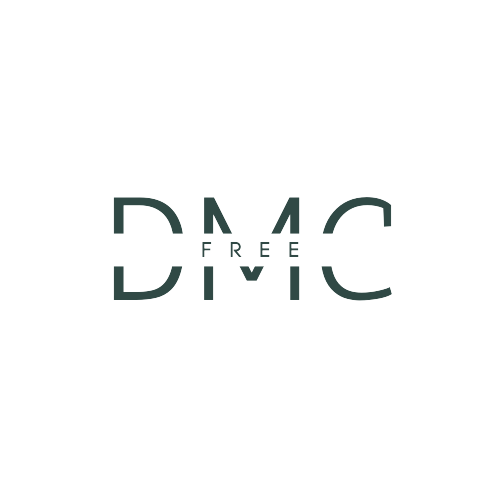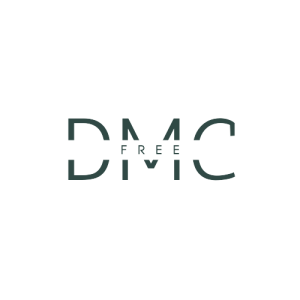
In today’s digitized business world, establishing a solid online presence is essential for professionals, particularly those in the marketing field. A well-constructed marketing portfolio can be the perfect tool to showcase your skills, projects, and accomplishments. It’s a testament to your work and the value you can bring to potential employers or clients. In this article, we’ll delve into nine excellent marketing portfolio examples to inspire you, providing insights into the key elements that make each stand out.
Table of Contents
Critical Points for an Effective Marketing Portfolio
Before diving into the marketing portfolio examples, it’s essential to understand the core elements that make a portfolio effective:
- Visual Aesthetics should be visually appealing and reflect the marketer’s style and brand.
- Diverse Projects: Showcase various projects, from content marketing to paid campaigns, reflecting breadth and depth of expertise.
- Detailed Descriptions: Each project should have a concise description explaining the strategy, execution, and results.
- Testimonials: Include testimonials from clients or colleagues to enhance credibility.
- Updated Content: Regularly update your portfolio with new projects to keep it current.
- User-friendly Navigation: Ensure the website or platform is easy to navigate.
- Contact Information: Make it easy for potential clients or employers to get in touch.
- Personal Branding: This is the marketer’s opportunity to showcase their unique brand, so personalize it.
- Mobile Responsiveness: Ensure the portfolio looks good and functions well on mobile devices.

9 Inspirational Marketing Portfolio Examples
- Alex’s Ad Campaigns:
- Highlight: Diverse ad campaigns ranging from social media to pay-per-click.
- Why It’s Inspiring: The use of vibrant visuals and a breakdown of ROI on each project.
- Beth’s Content Creations:
- Highlight: A focus on content marketing, from blogs to infographics.
- Why It’s Inspiring: The detailed metrics on engagement and growth derived from each piece.
- Chris’s Branding Boutique:
- Highlight: A collection of branding projects for startups.
- Why It’s Inspiring: Shows a clear understanding of brand identity and the stories behind each design.
- Danielle’s Digital Strategies:
- Highlight: Digital marketing strategies that have turned businesses around.
- Why It’s Inspiring: The portfolio offers a step-by-step look at strategy formulation and execution.
- Ethan’s Eventful Marketing:
- Highlight: Event marketing campaigns that have drawn huge crowds.
- Why It’s Inspiring: Stunning photographs and the data on attendee engagement.
- Fiona’s Social Media Saga:
- Highlight: A plethora of successful social media campaigns.
- Why It’s Inspiring: Demonstrates a keen understanding of various social media platforms and their nuances.
- Greg’s Guerrilla Tactics:
- Highlight: Unconventional marketing tactics that have made a buzz.
- Why It’s Inspiring: Bold, out-of-the-box approaches with documented results.
- Hannah’s Holistic Hub:
- Highlight: Integrated marketing strategies that encompass various channels.
- Why It’s Inspiring: The seamless merging of channels and mediums for holistic campaigns.
- Ian’s Influencer Insights:
- Highlight: Collaborations with influencers across niches.
- Why It’s Inspiring: Effective use of influencer partnerships to boost brand visibility.
Conclusion
These nine “Marketing Portfolio Examples” provide insights into the vast marketing landscape. With the knowledge gained from free digital marketing courses, you can also curate a standout portfolio that deeply connects with your desired audience.
Remember, the aim is not just to showcase what you’ve done but to articulate how your strategies and campaigns have made a difference. Use these examples as a foundation, but let your unique voice and style shine through.
FAQs
1. What should a marketing portfolio include? A marketing portfolio should primarily include a variety of projects that the marketer has worked on, such as content marketing pieces, ad campaigns, and branding initiatives. It should also have detailed descriptions, metrics to show success, testimonials, and a clear representation of the marketer’s brand.
2. What is an example of a market portfolio? A market portfolio refers to a collection of all investable assets. In the context of marketing, a “market portfolio” could refer to a showcase of diverse marketing campaigns spanning different channels and strategies, such as SEO, content marketing, and PPC.
3. What does a marketing portfolio do? A marketing portfolio showcases a marketer’s best work, highlighting their expertise and the results they’ve achieved. It provides potential employers or clients with a comprehensive view of the marketer’s skills, strategies, and successes, assisting in hiring or partnership decisions.
4. What is a portfolio and examples? A portfolio is a compilation of work samples and projects representing a person’s skills and accomplishments in a particular field. For instance, a graphic designer’s portfolio might include logos, posters, and web designs, while a writer’s portfolio might contain articles, blogs, and other written pieces.
5. What are the 5 important things for a portfolio?
Five crucial elements for a portfolio include:
- Diversity of Work: Show a range of projects to display versatility.
- Quality Over Quantity: Choose your best pieces, not just the most.
- Personal Branding: Showcase your unique style and perspective.
- Updated Content: Regularly add new projects to keep the portfolio current.
- Testimonials: Feedback from clients or colleagues to boost credibility.
6. What are the 3 parts of a portfolio? The three fundamental parts of a portfolio are:
- Introduction: A brief overview of who you are and what you do.
- Body: The main section showcases your best work, projects, and accomplishments.
- Conclusion/Contact: A wrap-up, often with contact details or a call-to-action for prospective employers or clients.


